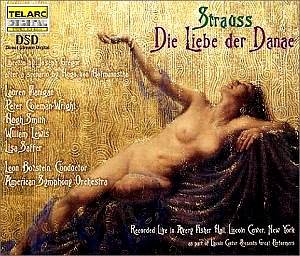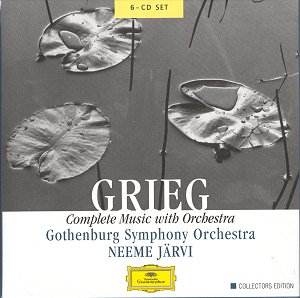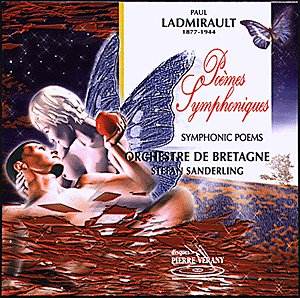 Composer: Alfreds Kalnins
Composer: Alfreds Kalnins
Works: Banuta (1920, rev. 1927-33)
Performers: Regina Frinberga (soprano – Banuta), Karlis Zarins (baritone – Vizuts), Aleksandrs Daskovs (Valgudis, King), Peteris Gravelis (Daumants, son of the King), Maija Krigena (Maiga, the King’s daughter), Druvis Krikis (Zvantevaitis, leader of warriors), Ivars Krastins (Burvis, sorcerer), Oskars Bruveris (Zvalgonis), Andris Blaumanis (Krivs, priest), Karlis Miesnieks (Krivukrivs, High Priest), Valentina Grinberga (First Priestess), Vera Davidone (Second Priestess), Lauma Vanaga (Third Priestess), Choir and Symphony Orchestra of Latvian TV and Radio/Aleksandrs Vilumanis
Recording: [CD1 75.06, CD2 75.41]
Label: RIGAS SKANU RS010
Alfreds Kalnins, a pivotal figure in Latvian music, remains somewhat overshadowed in the broader operatic landscape despite his significant contributions. His opera “Banuta,” first premiered in 1920 and subsequently revised, occupies a cherished place in Latvian cultural heritage, akin to the esteem of Erkel’s “Bank Ban” in Hungary. Kalnins’ work, steeped in the rich tradition of romantic nationalism, draws upon the folklore and mythology of his homeland, creating a vibrant tapestry that resonates with themes of love, betrayal, and the tragic fates of its characters. The opera’s revival in the context of modern interpretation provides a vital lens through which to appreciate its complex emotional and historical narratives.
The performance by the Latvian TV and Radio Choir and Symphony Orchestra, under the direction of Aleksandrs Vilumanis, captures the sweeping grandeur and intricate textures of Kalnins’ score. Regina Frinberga’s portrayal of Banuta is particularly noteworthy; her voice navigates the demanding vocal lines with both power and nuance. The climactic moments of her performance, especially in Act 3, evoke the passion found in Tchaikovsky’s “Iolanta” and “Onegin,” showcasing her ability to convey profound emotional depth. The orchestral accompaniment, with its lush harmonies and varied color palette, enhances the narrative’s dramatic arcs, particularly during the triumphal passages in Act 1, which reflect an exuberant homecoming.
The choral writing in “Banuta” serves not merely as adornment but as a vital narrative force, paralleling the functions seen in Mussorgsky’s operas. The women’s chorus, in particular, offers moments of ethereal beauty, reminiscent of the Delian haze found in Patrick Hadley’s “The Trees.” The sound engineering allows for a clear delineation of voices, providing an immersive listening experience that captures the vivid interplay between soloists and ensemble. However, the recording suffers from an unfortunate lack of detailed tracking, with only four tracks spanning the entire opera. This absence of segmentation makes it challenging for listeners to engage with specific scenes effectively, detracting from the overall accessibility of the work.
Kalnins’ score, while steeped in nationalistic sentiment, does not shy away from the tragic elements of opera. The intertwining of folk dance motifs, particularly in Act 3, resonates with the influences of Dvořák and Smetana, while the meditative orchestral passages echo the contemplative nature of Dvořák’s “New World Symphony.” Moments of stark brass and dynamic orchestration punctuate the drama, enhancing the emotional weight of pivotal scenes, such as the tragic denouement in Act 4, where Banuta and Vizuts confront their intertwined fates with devastating consequences.
“Banuta” stands as a compelling testament to Kalnins’ artistry, reflecting a rich narrative tradition and showcasing the unique cultural identity of Latvia through music. The current recording, while marred by its tracking issues, offers a passionate performance that pays homage to this overlooked masterpiece. As interest in Latvian opera continues to grow, this recording serves as an essential entry point for those seeking to explore a vital chapter in the operatic canon. The commitment of the performers and the orchestra promises a bright future for further recordings of Latvian operatic works, potentially expanding the reach of Kalnins’ legacy beyond its native shores.


